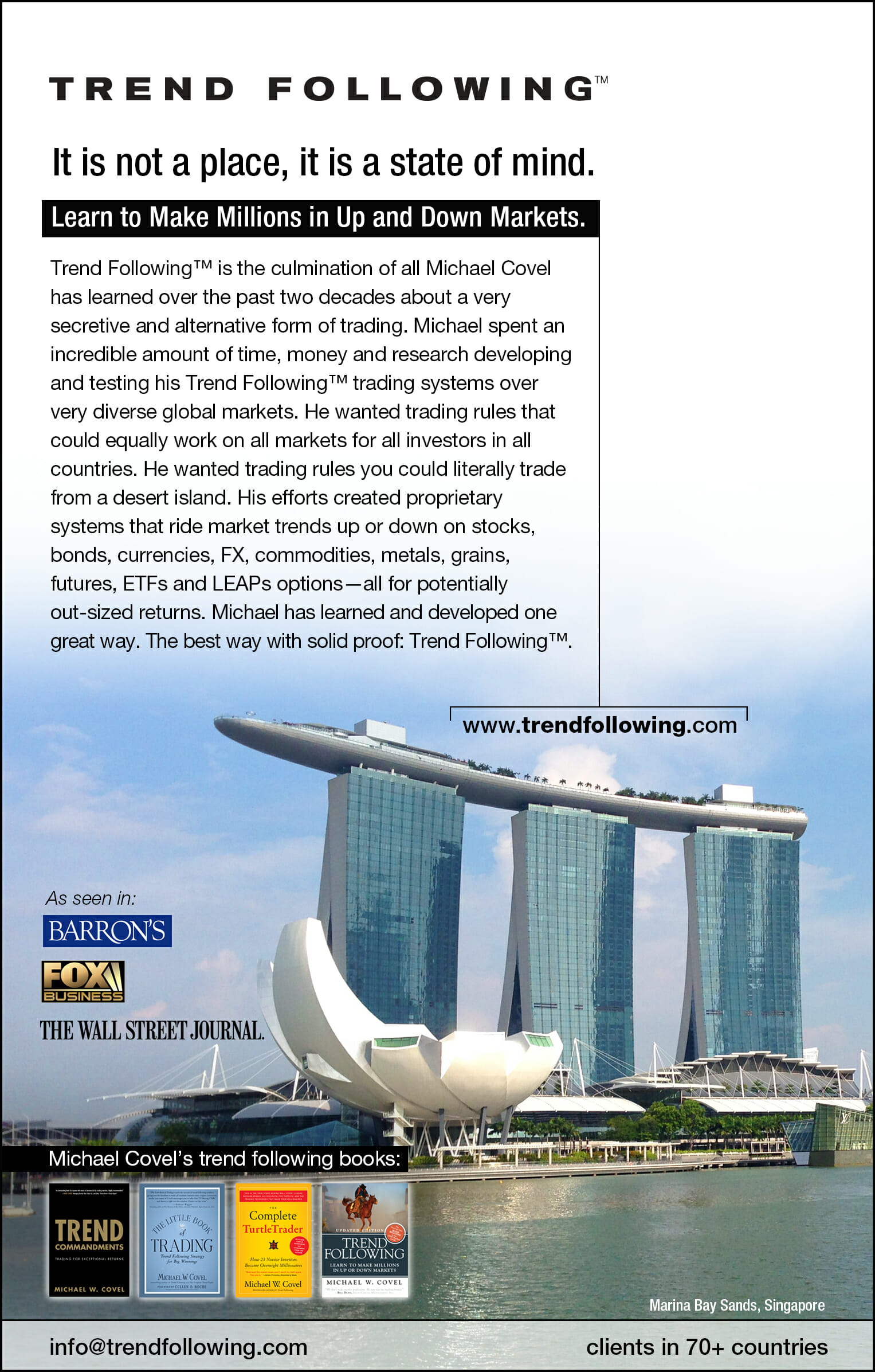“I have noticed that everyone who ever told me that the markets are efficient is poor.”
Larry Hite
A reader recently sent in the following PDF white paper on the The Efficient Markets Hypothesis:
An excerpt:
Much of the existing evidence indicates that the stock market is highly efficient, and consequently, investors have little to gain from active management strategies. Such attempts to beat the market are not only fruitless, but they can reduce returns due to the costs incurred (management, transaction, tax, etc). Investors should follow a passive investment strategy, which makes no attempt to beat the market. This does not mean that there is no role for portfolio management. Returns can be optimized through diversification and asset allocation, and by minimization of investment costs and taxes. In addition, the portfolio manager must choose a portfolio that is geared toward the time horizon and risk profile of the investor. The appropriate mixture of securities may vary according to the age, goals, tax bracket, employment, and risk aversion of the investor. The goal of all investors is to achieve the highest returns possible. Indeed, each year investment professionals publish numerous books touting ways to beat the market and earn millions of dollars in the process. Unfortunately for these so-called “investment gurus”, these investment strategies fail to perform as predicted. The intense competition between investors creates an efficient market in which prices adjust rapidly to new information. Consequently, on average, investors receive a return that compensates them for the time value of money and the risks that they bear – nothing more and nothing less. In other words, after taking risk and transaction costs into account, active security management is a losing proposition. Although no theory is perfect, the overwhelming majority of empirical evidence supports the efficient market hypothesis. The vast majority of students of the market agree that the markets are highly efficient. The opponents of the efficient markets hypothesis point to some recent evidence suggesting that there is under and over-reaction in security markets. However, it’s important to note that these studies are controversial and generally have not survived the test of time. Ultimately, the efficient markets hypothesis continues to be the best description of price movements in securities markets.
TurtleTrader comment: The Efficient Markets Hypothesis seems incomplete. To some degree if it is accepted, then the great Trend Followers (and their 30 years of performance) should not exist. The paper above states that investors should make no attempt to beat the market. This seems shortsighted. The PDF report seems to portray successful traders as only lucky. We do not think they are lucky. An interesting book that further investigates the Efficient Markets Hypothesis is When Genius Failed.
Trend Following Products
Review trend following systems and training:

More info here.
